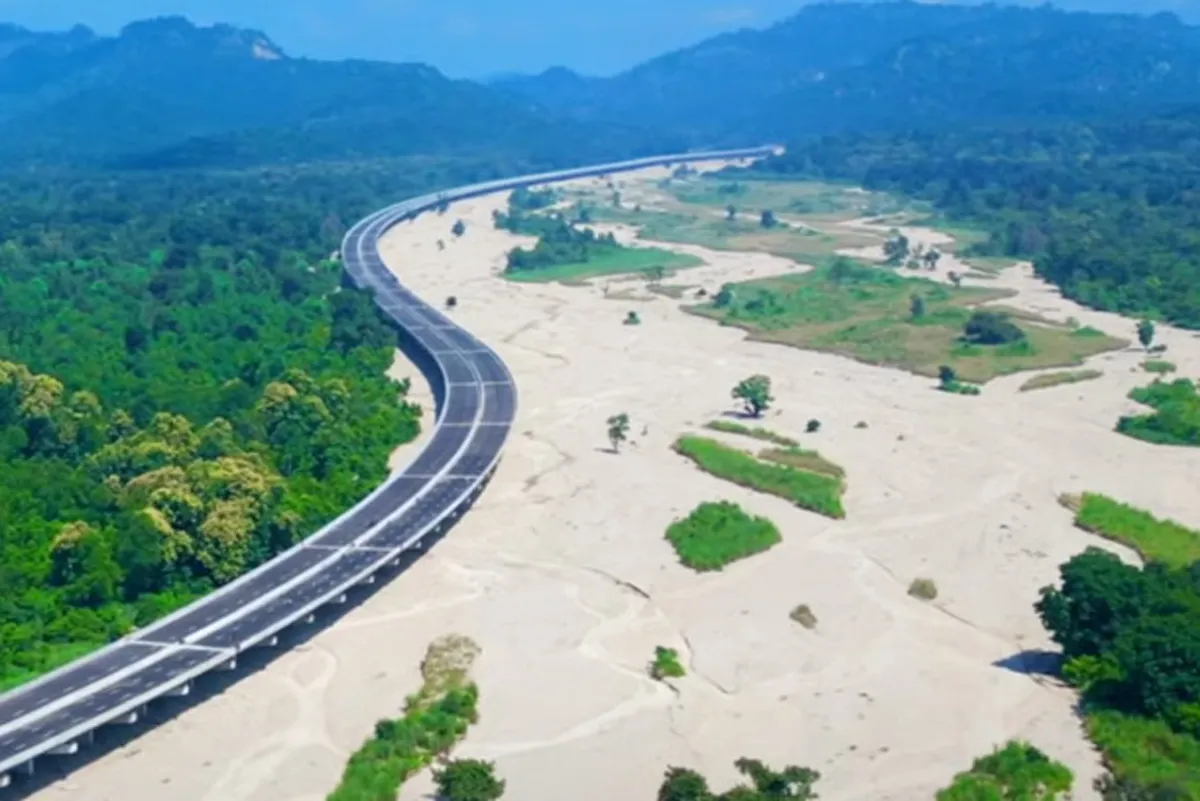Originally scheduled for completion in December 2024, the Rs 118.7 billion project has faced several delays, with the earlier revised target of October 2025 also being extended. The Prime Minister’s Office (PMO) has directed the Ministry of Road Transport and Highways (MoRTH) to inaugurate the expressway only once all four phases are fully completed.
The first phase, from Akshardham to Khekra in Baghpat, has been ready for over six months, while the second phase, extending up to Saharanpur, is nearing completion. The third phase, which includes widening the Saharanpur Bypass to Ganeshpur stretch, is in its advanced stages. The final phase near Dehradun, covering safety and finishing work on the elevated section, is also underway.
An NHAI official told Hindustan Times, “The remaining works, including protective measures near the Daat Kali temple in Dehradun, installation of mobile towers, and finishing work in the tunnel section, are expected to be completed by November.”
The project’s foundation was first laid by Union Minister Nitin Gadkari in February 2021, followed by another ceremony led by Prime Minister Narendra Modi in December 2021.
The expressway passes through Baghpat, Baraut, Shamli, and Saharanpur, linking with the Delhi–Mumbai Expressway, the Eastern Peripheral Expressway, and routes to Haridwar and Roorkee.
A major highlight of the project is the 12-kilometre elevated corridor through Rajaji National Park, the longest of its kind in Asia, featuring six animal underpasses to ensure wildlife safety.
Despite its significance, the expressway has drawn environmental criticism due to extensive deforestation. According to MoRTH, 17,913 trees were affected, while the NHAI has pledged to plant 50,600 new trees and allocated Rs 400 million to state forest departments for compensatory afforestation.
Once completed, the Delhi–Dehradun Expressway is expected to transform regional connectivity, supporting faster movement of people and goods while promoting tourism and economic growth in Uttarakhand and western Uttar Pradesh.


